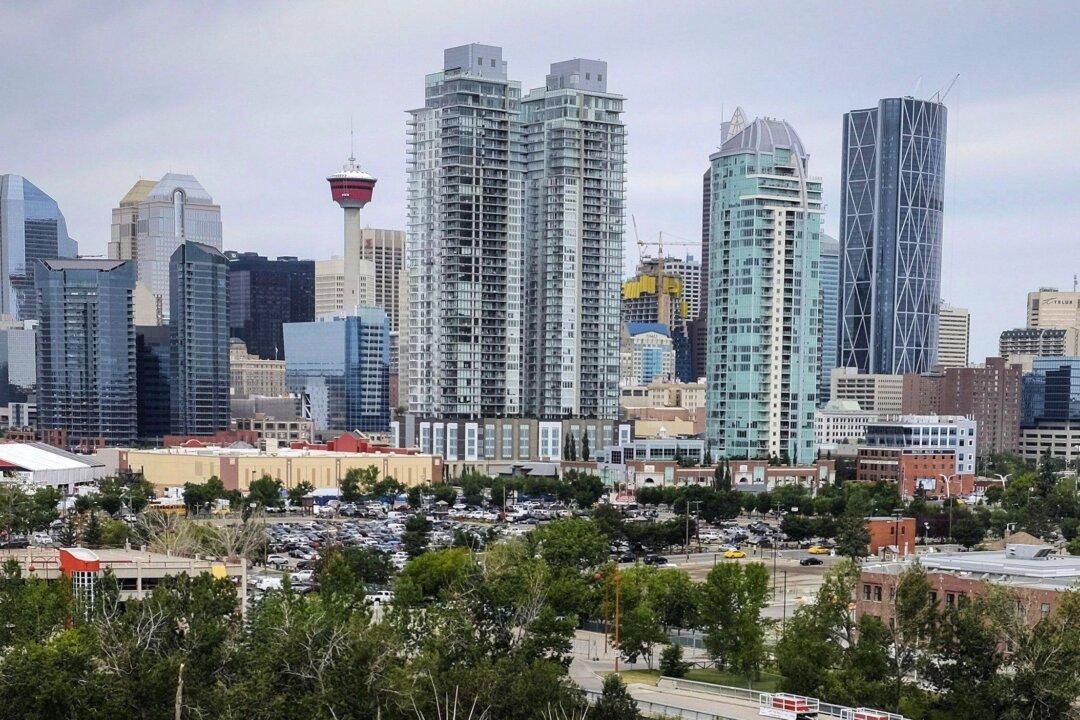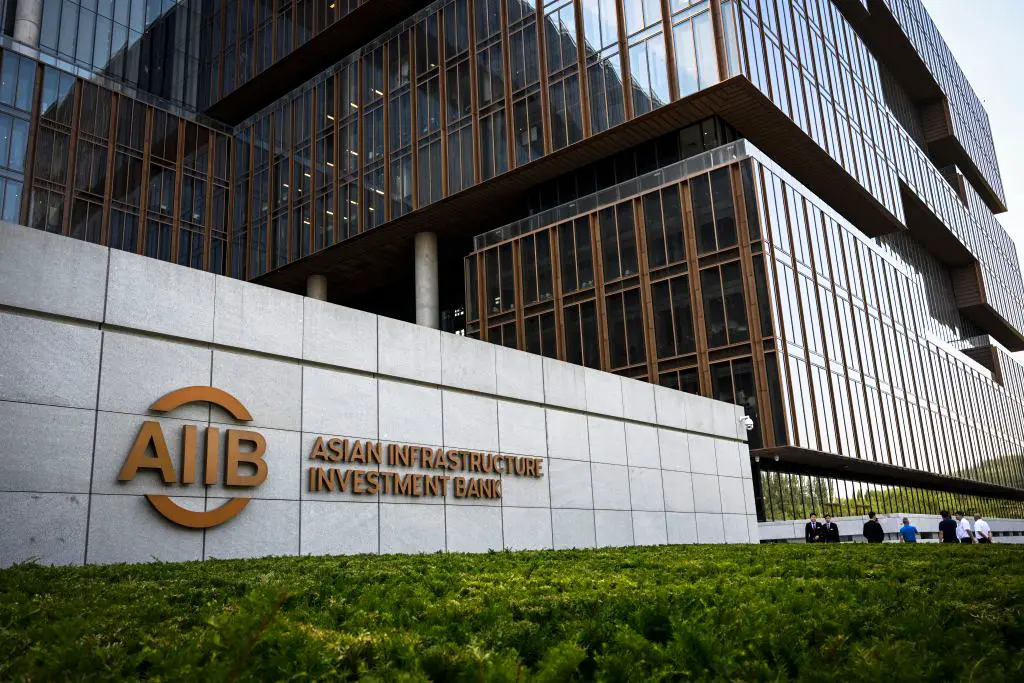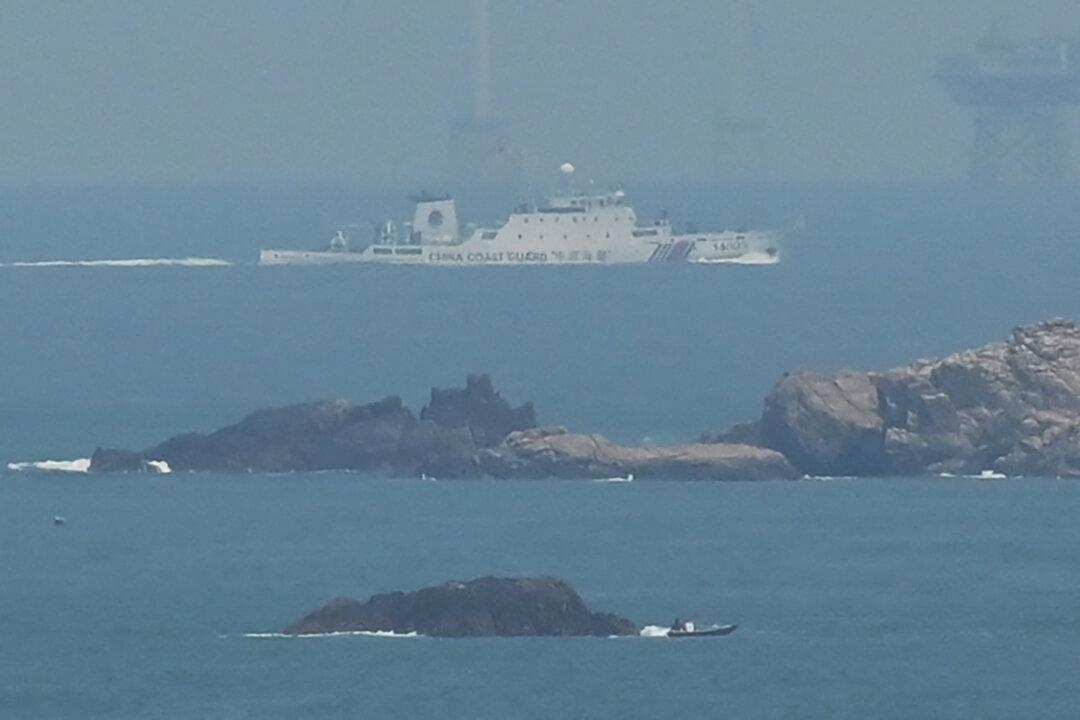Commentary
Alberta is a pariah province, its fossil-fuel economy an impediment to the Great Reset Prime Minister Justin Trudeau envisions for Canada, its oilsands the epitome of evil to those on the left. Alberta is even an embarrassment to the federal Conservatives under Erin O’Toole, whose embrace of the Paris Climate Agreement represents but one example of his attempt to distance himself from the “deniers” who populate the province.





